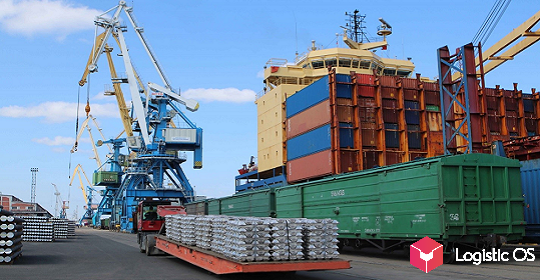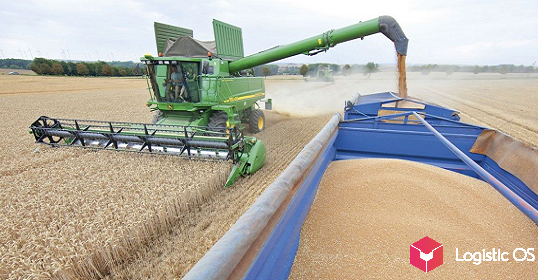On the agenda are issues that are acute for farmers.
The south of Russia has begun grain harvesting. About 6 million tons have already been threshed, while analysts note a significant increase in yield.
According to preliminary estimates of experts, the grain harvest in Russia is about 133 million tons (of which about 87 million tons will be wheat).
Last week, the media reported that fertilizer producers in Russia plan to raise prices by 19%. So, saltpeter from September 1, 2022 may rise in price by 10%, the next price increase is expected on December 1, 2022. (+8.6%).
Of course, one cannot fail to note the fact that Russian fertilizer producers, first of all, work for the domestic market.
Despite the sharp rise in world prices, the increase in the cost of fertilizers for Russian producers for the spring sowing campaign was leveled.
At the moment, the conditions for the purchase of Russian-made fertilizers for the needs of the domestic market are the most comfortable, if we analyze the situation with the purchase of fertilizers on the world market.
Long before the increase in volatility in the financial markets (almost a year ago), Russian fertilizer producers fixed prices for their products. Therefore, all this time, agricultural producers in Russia have been buying fertilizers without taking into account inflation adjustments.
By the end of June, Russian farmers purchased 3.5 million tons of mineral fertilizers, which is more than in the whole of 2019, having provided almost 2/3 of their needs for 2022.
But how the situation will develop next year is still very difficult to plan.
And, if the situation with grain seeds is more or less stable (the share of domestic seeds of wheat, barley and other grains exceeds 95%), then with corn, sunflower and vegetables, the issue of replacing the imported component is very acute.
Updating the fleet of agricultural machinery is another «headache» for farmers.
The economic and political problems of 2022 were added to the difficulties of the “coronavirus” 2020: disruption of supply chains, problems with a shortage of chips, difficulties with the supply of European and American equipment.
So far, there is no understanding of the cost of supplying agricultural machinery and components within the framework of “parallel imports”. According to preliminary estimates of experts, the cost of spare parts will almost double.
The state support system requires a significant update: this includes targeted money to compensate for the costs of fertilizers and agrochemicals, and compensation for the costs of purchasing Russian-made agricultural machinery.
But, in the current situation, it is quite difficult to count on an increase in funding.

